Podcast: Play in new window | Download (Duration: 28:17 — 19.5MB) | Embed
Subscribe: Apple Podcasts | Spotify | Amazon Music | Android | Pandora | iHeartRadio | JioSaavn | Podchaser | Gaana | Podcast Index | Email | TuneIn | Deezer | Anghami | RSS | More

The Desert of Ordinary Life – Crossing the Desert: Lent and Conversion with Deacon James Keating
In this episode, Deacon James Keating and Kris McGregor discuss integrating faith into daily life, warning against separating religion from ordinary activities. They stress the need for vulnerability in worship to avoid routine and self-centeredness.
Lent offers opportunities for spiritual growth, including reconciliation and stations of the cross. They lament the decline of shame and public judgment in society, emphasizing the community’s role in upholding moral truth. The Eucharist brings peace and transforms individuals, impacting society through witness.
Discerning Hearts Reflection Questions
- Integration of Faith: How can we ensure that our faith is not compartmentalized but integrated into every aspect of our daily lives?
- Vulnerability in Worship: Reflect on times when worship has felt routine or self-centered. How can we cultivate vulnerability and openness to God during worship?
- Lenten Practices: In what ways can Lenten practices such as reconciliation and stations of the cross deepen our relationship with God?
- Decline of Shame: What are the implications of the decline of shame and public judgment in contemporary society for moral behavior and community life?
- Role of Community: How can communities uphold moral truth while respecting individual conscience and freedom?
- Transformative Power of the Eucharist: Reflect on the transformative power of the Eucharist in bringing peace and impacting society through witness.

An excerpt from “Crossing the Desert: Lent and Conversion”:
“The only location for God to interact with us is deep within the ordinariness of our days. We are called to cherish the ordinary day, not because of its routine or common features, but because within this daily forum God reaches us through others, through worship, charity, and our relational commitments. Our daily lives carry an invitation from God to become morally good and holy; it is the only medium through which this invitation can come. Cherish the days.”
– Keating, James (2012-07-20). Liguori Publications. Kindle Edition.
Deacon James Keating, Ph.D., is a professor of Spiritual Theology and serves as a spiritual director at Kenrick Glennon Seminary in St. Louis, MO.

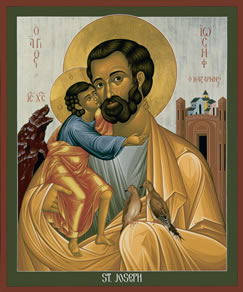

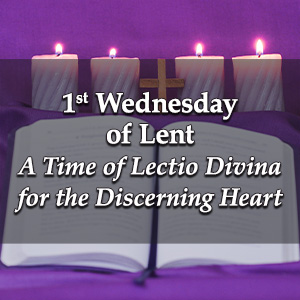 1st Wednesday of Lent- A Time of Lectio Divina for the Discerning Heart Podcast
1st Wednesday of Lent- A Time of Lectio Divina for the Discerning Heart Podcast


 A Lenten Spiritual Journey with Discerning Hearts: From Ashes to Glory – Discerning Hearts Podcast
A Lenten Spiritual Journey with Discerning Hearts: From Ashes to Glory – Discerning Hearts Podcast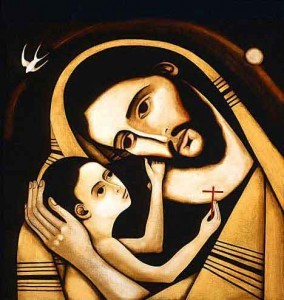
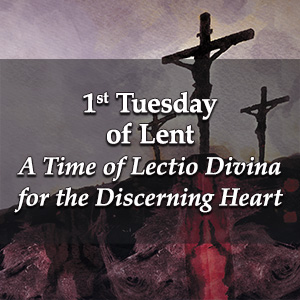 1st Tuesday of Lent – A Time of Lectio Divina for the Discerning Heart Podcast
1st Tuesday of Lent – A Time of Lectio Divina for the Discerning Heart Podcast

 Steps to Take as You Follow Christ
Steps to Take as You Follow Christ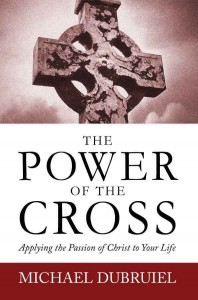
 ! We HIGHLY encourage you to download this exceptional work.
! We HIGHLY encourage you to download this exceptional work.